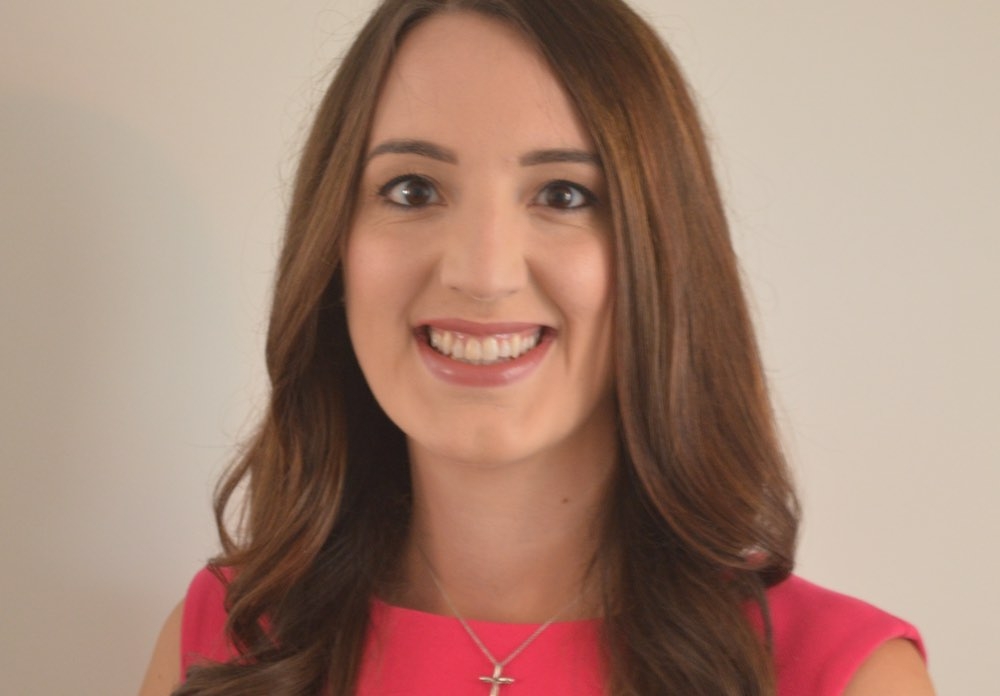After countless times saying to my friend, “You should worry less about what happens if you get hit by a bus and die, and more if you get hit by a bus and live, do you have Powers of Attorney?” I decided that young people should probably be a bit more clued up about personal finances matters so it’s now become a bit of a personal mission to do something.
The noise around financial education is getting louder in the Financial Planning profession, with many of us talking more about the issue and taking action to engage the younger generation in a meaningful way. This pleases me greatly, but there is so much more to be done and so I implore you to get involved!
At the core of financial education is financial literacy; the ability to understand and effectively use various financial skills, including personal financial management, budgeting, and investing.
The statistics speak for themselves:
- The average person in the UK owes £8,000
- 50% of the population is considered financially vulnerable
- 25 – 34-year-olds are most likely to be in debt
- Over 4 million people in the UK are thought to be in serious financial difficulty
- More than 6 million Britons don’t believe they will ever be debt free
Our children and young adults (and us slightly older folk too) are constantly reminded about the mammoth amount needed to get onto the property ladder, the huge cost of university and the ever-increasing cost of living. It is so easy to get into debt (do not even get me started on Klarna). Think about how being in debt might make you feel.
Think about those in abusive relationships, either physically, emotionally or financially abused. This has even more importance in these groups.
This issue has a serious impact on our mental health, and now, more than ever, we need to be taking our health seriously. If prevention is better than a cure, then we all have a responsibility to step up and do our bit.
According to the Financial Capability Strategy for the UK, “Children and young people who say they had financial education at school are more likely to have good money skills. Only 4 in 10 children and young people say they have had some financial education at school. Many schools and colleges would like to increase their financial education offer but they are hindered by a busy timetable and curriculum and a lack of skills and knowledge.”
Last year, (or perhaps the year before, who can be sure in the days where time has lost all meaning) I wrote to my local Member of Parliament, Daisy Cooper, and the Secretary of State for Education, Gavin Williamson, to ask them how important they thought financial education was and what they were doing about it. Gavin Williamson ghosted me, typical. But Daisy Cooper wrote back explaining how important she thought it was. Recent events mean she’s been rather busy and perhaps (rightly or wrongly) this has slipped down the list, so I’ll be bothering her about it again soon!
Since 2014, lessons in personal finance have been part of the National Curriculum, but only a small part. I believe that every school should offer a consistent course in personal finance as part of the Personal, Social, Health and Economic (PSHE) programme. Well-delivered PSHE programmes have an impact on both academic and non-academic outcomes for pupils, particularly the most vulnerable and disadvantaged. This would be a perfect place for a course in personal finance to be included.
So, if we as a profession have the knowledge and the resources are out there, it’s up to us to pave the way for the next generation to have a better future and give back.
I would urge you to think about doing one or all of the following:
- Write to your local MP and the Secretary of State for Education Gavin Williamson and ask them what they’re doing to improve the financial literacy of the next generation
- Get in touch with your local school and ask to go in and talk to some groups of children about personal finances
- Talk to your friends about finances and let them know you’re there for hints and tips, or that you can point them in the direction of a good Financial Planner if you don’t want to deal with them yourself (or they don’t want to deal with you!)
Chloé Moran FPFS is a Paraplanner at Boosst Financial in Bedfordshire and also holds the Chartered Financial Planner designation. These are her personal views.

